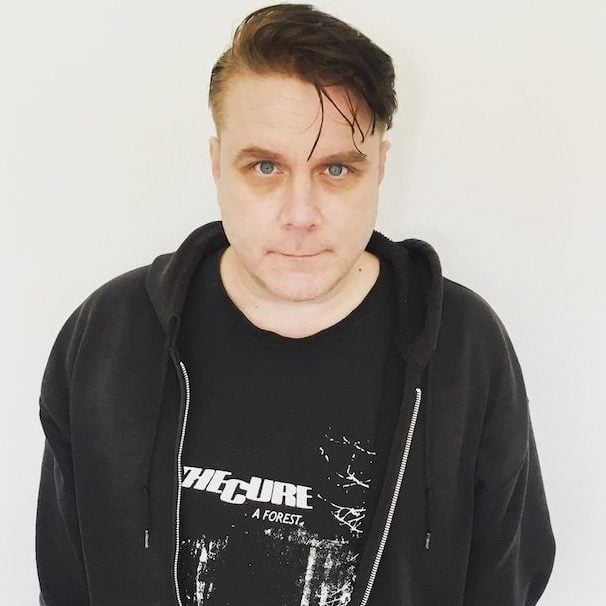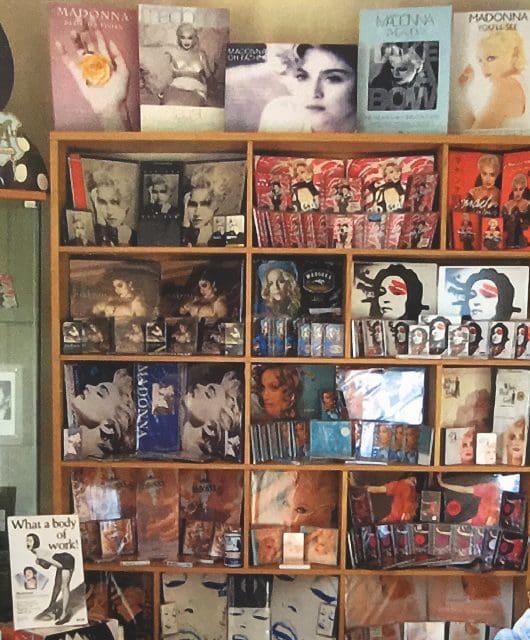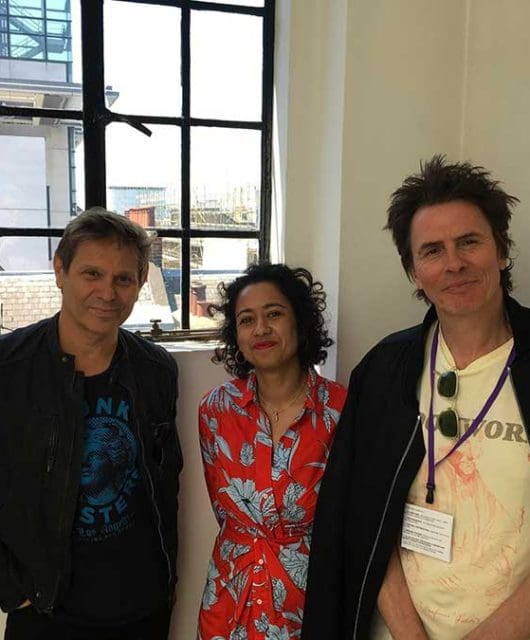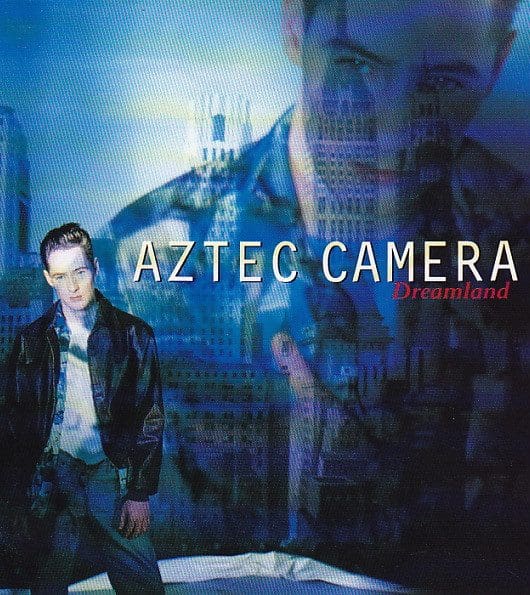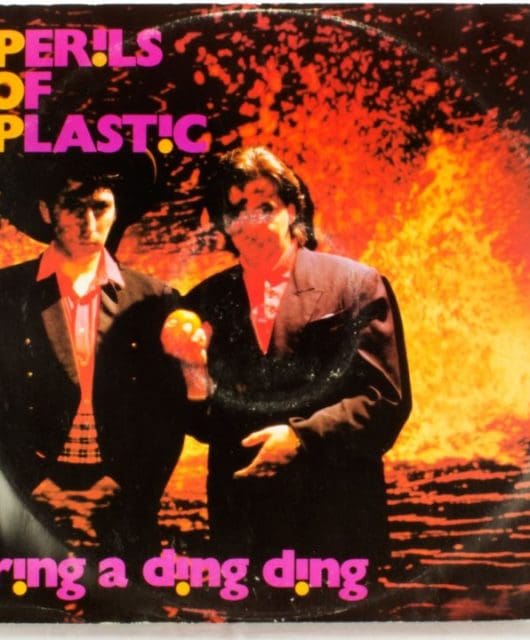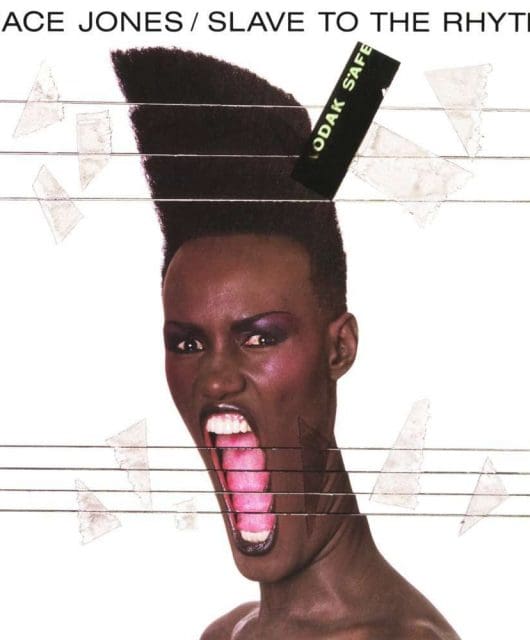Starsailor – Where The Wild Things Grow Interview
By Dan Biggane | May 14, 2024
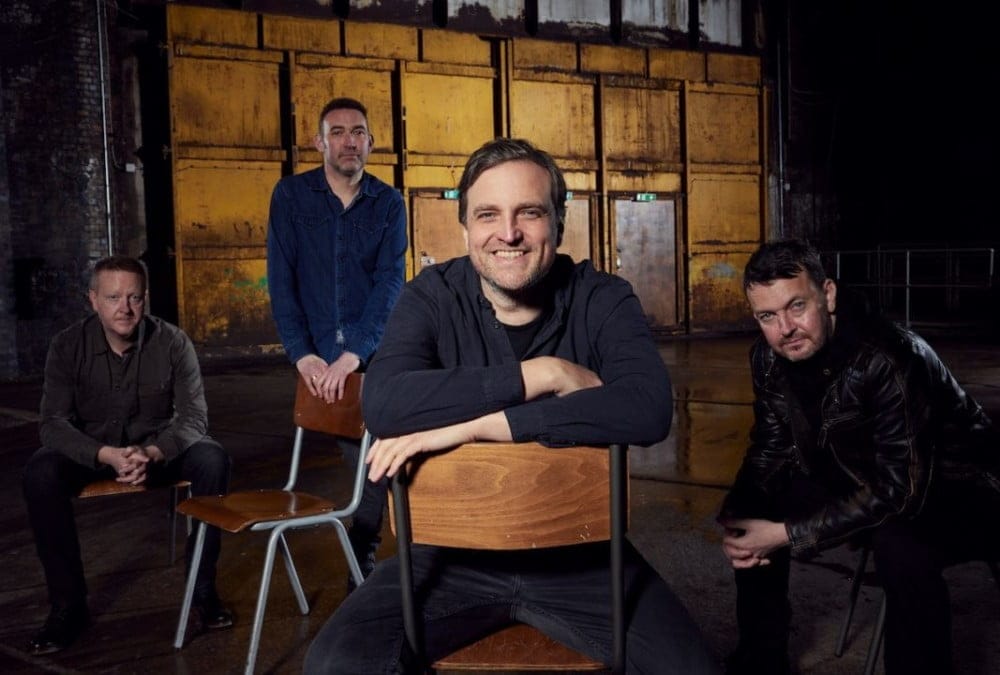
James Walsh, singer for Warrington’s indie stalwarts Starsailor, reflects on the band’s career and takes us to a place Where The Wild Things Grow…
Starsailor made an epic return with the uplifting new album Where The Wild Things Grow on 22 March. Formed in and around Wigan at the start of the millennium, the indie stalwarts released four LPs, Love Is Here in 2001, Silence Is Easy (2003), On The Outside (2005) and All The Plans (2009), before going on hiatus.
“When we decided to split up, we were in quite a bad place,” admits chief songwriter and vocalist James Walsh. “It wasn’t that the relationships between band members were bad, we were all just a little bit jaded with the industry and felt like we were on a kind of downward trajectory. Well, not even heading downwards, just sort of treading water and not really getting anywhere. When that reality hit, it was quite demoralising.”
Seven years on from fifth LP All This Life, the group – completed by bassist James Stelfox, Barry Westhead on keys and drummer Ben Byrne – are set for the next chapter of their story. “It would be very difficult for us to reach the heights of what we’ve done before,” says Walsh, “but if this album could characterise 2024, then that would be a great thing for us.”
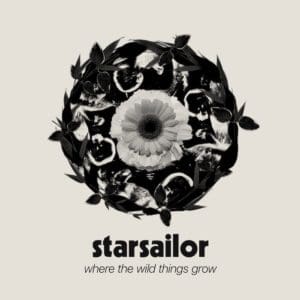
Tell us about the making of Where The Wild Things Grow and how you felt before regrouping in the studio.
We worked for a couple of days with Rick McNamara of Embrace, who recorded our last album, and it felt like we were on to something. Once Townsend Music heard the tracks they immediately jumped on board and that was a big motivational factor to turn this handful of demos into something more cohesive. I guess there’s always a nervousness before recording. I’d been sitting on these ideas and wondered what the rest of the band was going to think of them. Luckily, they found something in all of them that we could develop. It would be quite a blow if the rest of the band, or even one member, said they’re not really feeling it.
What does Richard McNamara bring to the Starsailor table?
Richard’s first and foremost a great guitarist, so it’s amazing to have him there for the rockier moments on the album. He’s also a brilliant producer and it feels like he’s the fifth member of the band – very creative and open with our ideas, so it feels very collaborative. Rick wasn’t afraid to say if an idea wasn’t good enough. You might feel a bit affronted at first, but it definitely helped with the quality of the songs in the end. When you can be honest with each other and find a solution that suits everyone, the result is always better for it.
During the band’s extended breaks, you released several solo albums. Did you ever consider going it alone full-time?
When I started writing and recording on my own there weren’t any plans to get the band back together. However, offers started coming in and it felt a bit stubborn for me to just dig my heels in and keep doing the solo thing. I think finding inspiration and creativity outside the band was a huge factor in being able to revisit Starsailor. It’s just more esoteric and about the four of us enjoying playing music together now. Don’t get me wrong, we’d love to have chart success, but it’s not as important as it was.
2014’s solo outing, Turning Point, featured Suzanne Vega. What was she like to work with and how did that partnership come about?
Suzanne ended up singing on the track Firing Line because my old agent, John Giddings, worked with her as well. He heard that I was a fan and was able to put me in touch, so I sent the song over and she very kindly returned a little verse of her singing and harmonies. Subsequently, when she was over in London, we did a bit of writing together. I’m not sure what’s happening with those songs, but there’s some ideas somewhere recorded on an old phone. Hopefully we’ll be able to resurrect them, but when you’re dealing with someone as talented as Suzanne Vega, who has such an unbelievable body of work, I wouldn’t want to put anything out that she wasn’t 100 per cent happy with. To work with her again would be amazing and I think I’ve grown as a songwriter since.
Which artists informed your writing on Where The Wild Things Grow and are they the same as those who inspired you when you started out?
As I’ve matured, I’ve become more enthralled with classic songwriters like Carole King, Joni Mitchell and the Laurel Canyon set like Neil Young, Jackson Browne and James Taylor. Early on, Jeff Buckley was a massive influence, as was Britpop. I distinctly remember how everyone in my school was into dance music which I couldn’t connect with. Suddenly, with the popularity of bands like Oasis, there was this sea change. I felt like I had a head start because my older brother was a big fan of The Stone Roses and New Order, while my dad was into The Beatles and Crosby, Stills
& Nash. When it became the music of my peers, that ignited the passion, and it became something I could pursue.
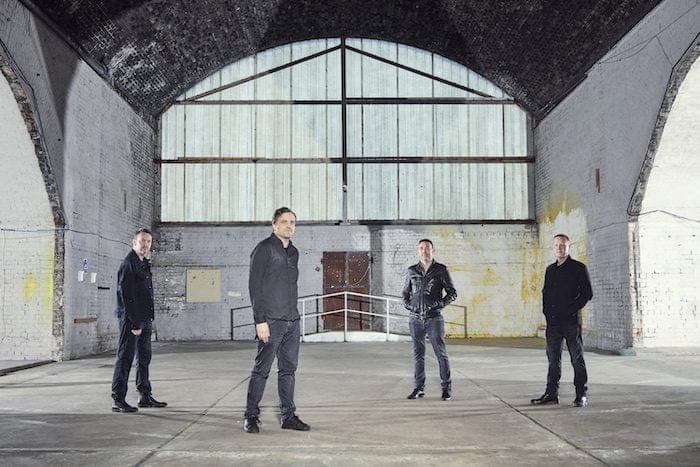
What are your recollections of that post-Britpop era?
It was pretty amazing and kinda frightening, too. When you achieve all these milestones early on, you’re encouraged to move on to the next one. You have this major label pressure and everyone had quite high expectations for us. But seeing the fanbase grow was incredible. We got to play at the festivals we’d always dreamed of, like Glastonbury or T In The Park, and travel around Europe. Jumping on a tour bus in one country and jumping off in another was an unforgettable experience.
If you could revisit your younger self, what advice would you give?
I think my biggest regret is being a bit insular and not collaborating enough. I wish we’d capitalised on that sense of community with the bands that were around us. It’s easy to say in hindsight because I was a different person with different ambitions, I wasn’t worried about what the 43-year-old me might think.
Talking of collaborations, tell us about the Waiting Game duet with Louise?
We have a mutual friend who said that Louise was up for collaborating with people a bit outside of what she’d done before. Waiting Game is a Banks cover, so I guess my style of singing and guitar offered a different flavour. Louise has an amazing voice and her pop style brought something new to me as well.
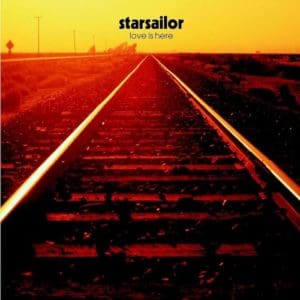
If you could work with any other artist, who would it be?
The obvious name that springs to mind is Paul McCartney. Even some of the songs that people deride like Mull Of Kintyre or The Frog Chorus are still amazing. I feel like something slightly more achievable and grounded, but still quite a lofty ambition, would be to work with Norah Jones. She has an incredible voice and I feel like if I could find a way for our vocals to work together, that could be really good. I sound a bit big-headed saying that, but at least I could try.
What was the band’s experience like of working with Phil Spector on Starsailor’s second album?
Silence Is Easy was a bit of a reaction to Love Is Here and we wanted to show another side, which was more upbeat and positive. Our radio plugger was friends with Phil Spector’s daughter, who was a fan of our music, and she managed to convince her dad to get involved. I’d been listening to a lot of Dion and his Born To Be With You album. So, as soon as that opportunity arose, we immediately thought we had to give it a go. Phil Spector was an iconic producer, but since then things have obviously taken a darker turn, to put it mildly. It’s a difficult period to talk about, especially with what happened to that poor woman, but it’s still part of
our history.
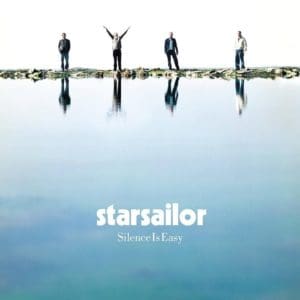
You celebrated the 20-year anniversaries of Love Is Here and Silence Is Easy on tour. What kind of audience do you attract nowadays?
I think our audience is quite mixed now, but it’s predominantly people in their 40s reliving their student days. I really enjoy giving people an escape from their daily lives and then transporting them back to their youth. But we have noticed an increased number of people in their twenties. I was gonna say it’s older siblings passing down their music, but it’s more than likely to be mums and dads bringing their kids along. It’s great to see because we want to keep going and hopefully make music that inspires different age groups…
It would be quite easy to fall into the nostalgia circuit, but you have this new album in the can and recently showcased Heavyweight live. How did it go down and which songs are you looking forward to playing?
We had Rick’s band, EEVAH, supporting us on a few dates of the Silence Is Easy Tour so he would get up and add some of the distorted guitar parts on Heavyweight. That really helped lift the song and it went down well. I’m excited to play stuff like After The Rain and Better Times which are some of the more anthemic moments on the album. People tend to latch on to those epic-sounding songs quicker. You always get people asking, ‘Why don’t you play Sunday Best or Jeremiah?’ It’s a tricky thing to balance because you do want to indulge that delicate side, it’s just finding the right moment.
What are your hopes for the rest of the year?
Hopefully we’ll get booked for some festivals and we’re definitely up for a busy year of touring. I guess if the album catches light and people take it to their hearts, we’ll get to keep playing shows. If things don’t go as planned, we can do one or two little tours before we put Where The Wild Things Grow to bed and visit the nostalgia circuit… which isn’t necessarily a terrible thing.
For the latest on Starsailor click here
Sign up for the Classic Pop newsletter
